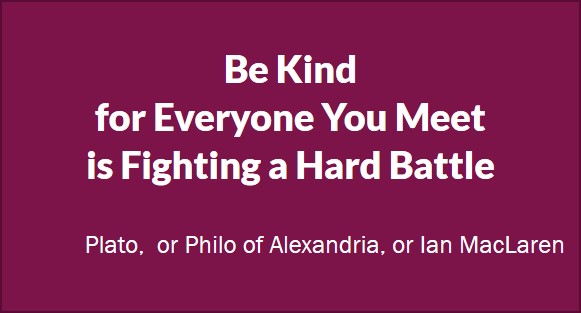 As we open our interactions with one another, if you are moved to exercise caution, don’t let anyone shame you out of the wisdom of your instincts by labeling them as fears. While you are at it though, don’t assume that the opposite of what you are doing is reckless. Let’s put our energy into accommodating one another instead of judging one another.
As we open our interactions with one another, if you are moved to exercise caution, don’t let anyone shame you out of the wisdom of your instincts by labeling them as fears. While you are at it though, don’t assume that the opposite of what you are doing is reckless. Let’s put our energy into accommodating one another instead of judging one another.
One of the big topics of current discussions is how to navigate meetings with location consultants, corporate prospects, or even your existing businesses. There is a lot of advice popping up about how to handle physical logistics and optimize use of technologies available to you.
As of right now, May 2020, everyone is subject to a range of restrictions imposed by federal, state, county, and city jurisdictions, not to mention employers and even building managers. Since how often they will change or how long they will last is anyone’s guess, the safe bet is to assume that managing the virtual visit experience or managing a modified in-person visit are skills you will be using for some time to come, even after health considerations are no longer in play.
This is public persona meeting public persona, and it can be managed.
The awkwardness that many people are starting to experience, though, really emerges when the less visible layers of restrictions become a factor. This is where the skills you have to master are more emotional and less logistical.
The writer Gabriel García Márquez noted that “Everyone has three lives: a public life, a private life, and a secret life.” Everyone will have a decision to make regarding how much of their private persona they choose to share to explain or even justify choices they make about their own behaviors beyond what is imposed on them from the outside. Our private persona, the one that encompasses the considerations we make to things like our family situations and our own health concerns, are supposed to be private. When we were all subject to the same rules of engagement, they could stay private. Going forward, though, the same behaviors won’t be right for everyone.
Emotional intelligence comes in to play not only in how we handle our own private personas, but in how much room we give others to do so. When we characterize someone’s reluctance to fully participate in what was “normal” as fear, we exhibit the exact opposite of good manners. Their options become limited and uncomfortable. They can either defend themselves by exposing themselves and their families, face implied or explicit ridicule, or act in ways that are not in their best interests. It shouldn’t be necessary to reveal that your family’s or your own medical concerns inform your choice to participate virtually when others participate in person or keep your distance when masks are abandoned by revealing your family’s or your own medical concerns. It shouldn’t be necessary to explain your childcare or elder care struggles and be second-guessed about how you are handling them. It shouldn’t even be your responsibility to meet other people’s standards of what is reasonable.
Why not? Because even if someone decides to reveal aspects of their private persona to allow their choices to be validated, there is yet another layer that all of us have, our secret personas. Sometimes we aren’t even aware of aspects of our own beliefs and perspectives until circumstances circumstances force them into the forefront. Here’s a dirty little secret, for example. There are people in our business that just hate to fly in helicopters. Early in my career, the first time it came up I had ten minutes to consider how I felt about it, and it would have been extremely awkward to decline. It turns out I don’t love it but don’t hate it either. The point is, that my only option in that moment would have been to embarrass myself by refusing and throw a wrench into the whole works. In another case, my hosts were eager to push on with a site tour via private plane even through the weather was clearly marginal for flying.
In our culture, we fetishize toughness – how early in the morning can you start work? How much unused vacation time do you have? How many of your kid’s events have you missed? There is little allowance for preferences, only toughness or weakness, courage or fear. We want a return to normal, we want to limit and repair the damage that this extraordinary situation has wrought, so there is a natural instinct to signal our resilience with decisive and confident action.
Let me suggest this: majority rules is a really bad strategy to navigate these situations. There is little to lose in making every event both inclusive and accommodating. What looks to some like fear might just be wisdom, and the people who can work through complex and sometimes conflicting responsibilities with wisdom and grace probably have a lot to contribute.
